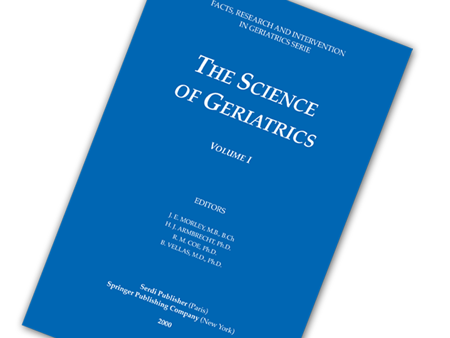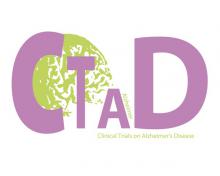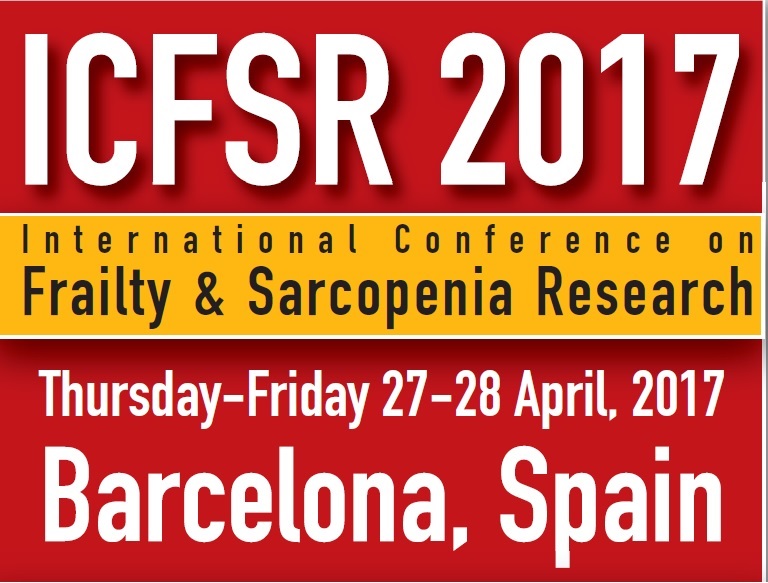Sedentary lifestyle leads to worse health outcomes with aging, including frailty. Older adults can benefit from regular physical activity, but exercise promotion in the clinical setting is challenging. Objectives: The objective of this clinical demonstration project was to implement a Geriatric Walking Clinic for older adults and determine whether this clinical program can lead to improvements in characteristics of frailty. Design: This was a clinical demonstration project/quality improvement project. Setting: Outpatient geriatrics clinic at the South Texas Veterans Health Care System (STVHCS). Participants: Older Veterans, aged ≥60 years. Intervention: A 6-week structured walking program, delivered by a registered nurse and geriatrician. Patients received a pedometer and a comprehensive safety evaluation at an initial face-to-face visit. They were subsequently followed with weekly phone calls and participated in a final face-to-face follow-up visit at 6 weeks. Measurements: Grip strength (handheld dynamometer), gait speed (10-ft walk), Timed Up and Go (TUG), and body mass index (BMI) were assessed at baseline and follow-up. Frailty status for gait speed was assessed using Fried criteria. Results: One hundred eighty five patients completed the program (mean age: 68.4 ±7 years, 88% male). Improvements from baseline to follow-up were observed in average steps/day, gait speed, TUG, and BMI. Improvement in gait speed (1.13 ±0.20 vs. 1.24 ± 0.23 meter/second, p<0.0001) resulted in reduced odds of meeting frailty criteria for slow gait at follow-up compared to the baseline examination (odds ratio = 0.31, 95% confidence interval: 0.13-0.72, p = 0.01). Conclusions: Our findings demonstrate that a short duration, low-intensity walking intervention improves gait speed and TUG. This new clinical model may be useful for the promotion of physical activity, and for the prevention or amelioration of frailty characteristics in older adults.
(1) S.E. Espinoza, B. Orsak, C.-P. Wang, D. MacCarthy, D. Kellogg, B. Powers, A. Conde, M. Moris, P.R. Padala, K.P. Padala J Frailty Aging 2019;8(4)205-209



